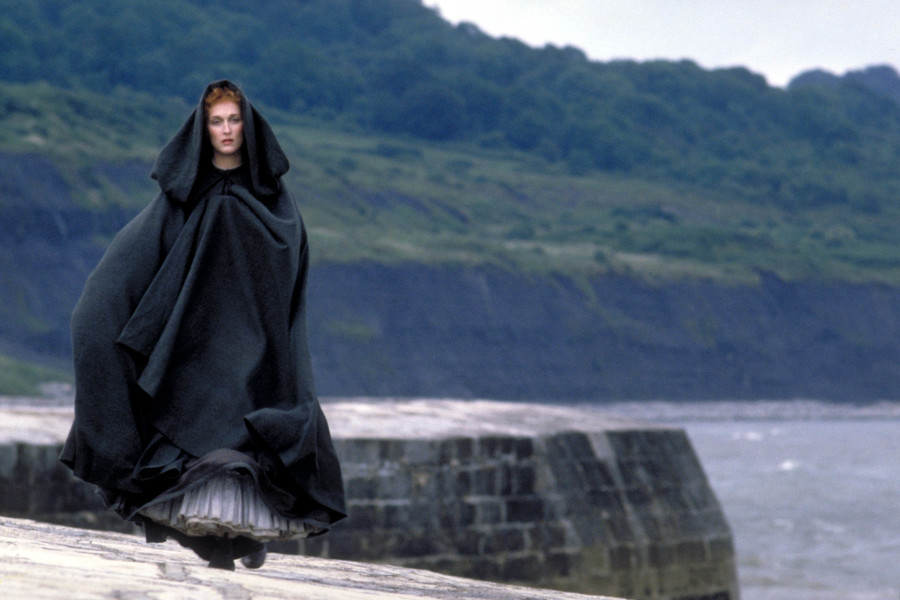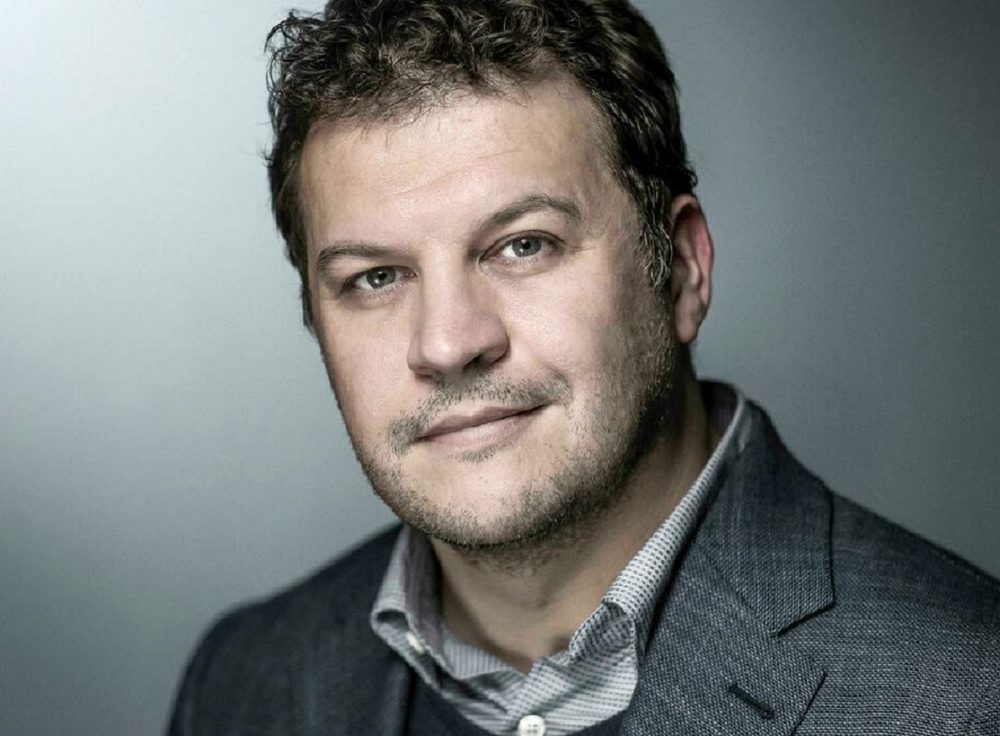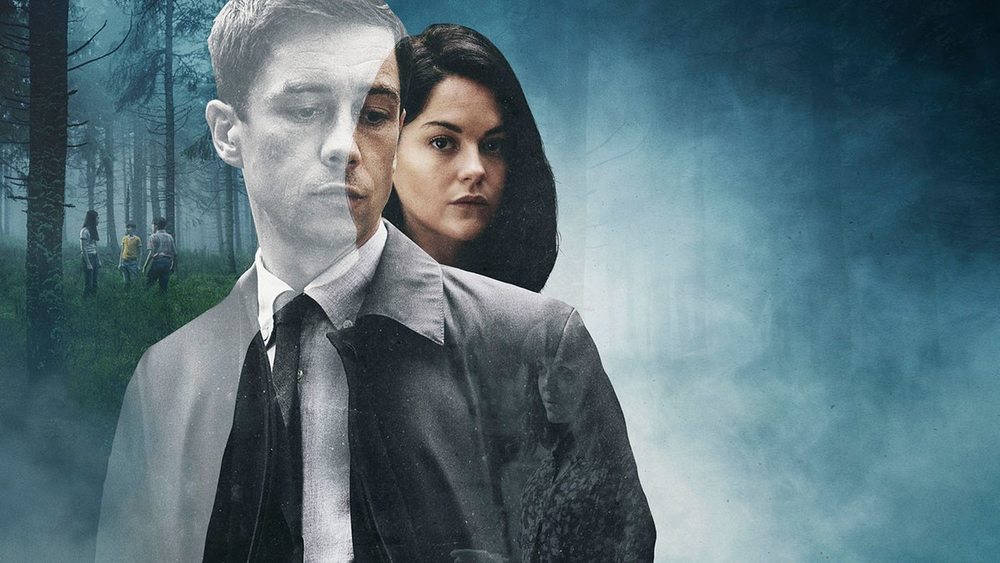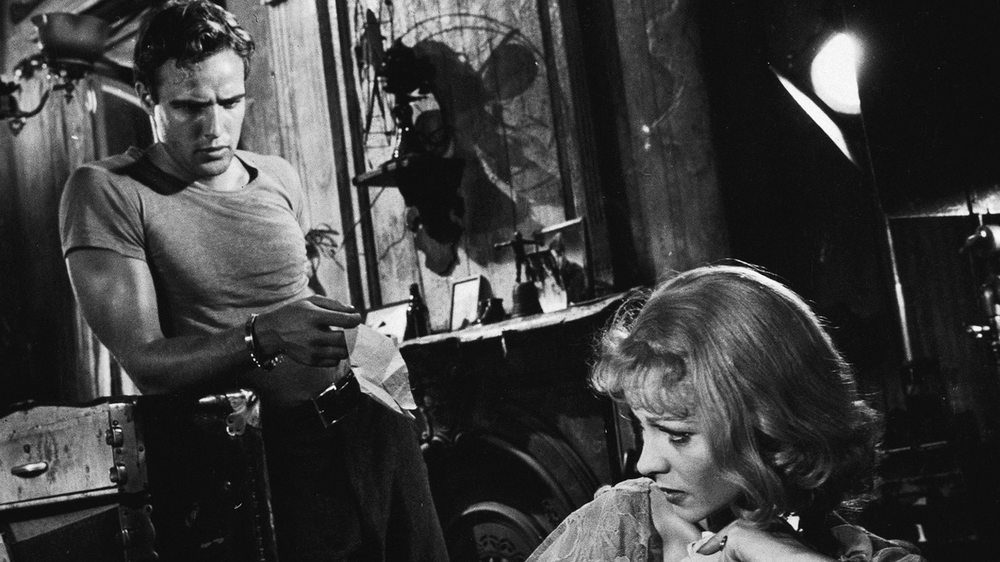Приговор при свечах / Judgment in candlelight - Владимир Анатольевич Арсентьев
Книгу Приговор при свечах / Judgment in candlelight - Владимир Анатольевич Арсентьев читаем онлайн бесплатно полную версию! Чтобы начать читать не надо регистрации. Напомним, что читать онлайн вы можете не только на компьютере, но и на андроид (Android), iPhone и iPad. Приятного чтения!
Шрифт:
Интервал:
Закладка:
Plato’s objective idealism is a doctrine of ideas – abstract and generic terms existing independently. It is no coincidence that Plato called his main philosophical approach dialectical, which means based on questions and answers.
The ancients argued that Plato was the first to introduce questions and answers into reasoning, to use the term “dialectics,” and to employ the analytical research method. Perhaps this means that Plato, amazed at the conversations of Socrates, began systematically expressing that natural-born dialectician’s arguments in a logically complete and literary form. If we distribute Plato’s dialogues across a hypothetical imaginative time scale, we would find that they are all connected to the facts of Socrates’s life. And when Plato becomes old and implements the ideal of harsh and ruthless legislation in his “Laws,” there will be no place for Socrates on those pages, as his life was contrary to the strictness and soullessness of the law[247].
In public affairs, the new generation continues to build what was started by their ancestors, making use of the fruits of their labor. They work by themselves and sow the seeds that will be reaped by those who will come after them.
The Russian legislator of 1996 and 2001, from my point of view, revised the legal approaches put into practice by the judicial reform of 1864 and the Soviet criminal and criminal procedure law. The simple and firm legal constructions of the Soviet legislation have been adapted in Russia since 1961, ideology eventually left out.
In particular, the legislator made it as difficult as possible to deliver a verdict of acquittal, also eliminating the need to prove the guilt of accused persons at trial in case they agree with the charges or consent to cooperate. With regard to such accused persons, a special procedure was introduced that allows delivering a guilty verdict in the absence of trial.
In these circumstances, the authoritative criteria of delivering justice are lost, namely the exercise of the rules of presumption of innocence with respect to the accused and the following judicial discretion in court proceedings. The only choice is to assume that the accused is guilty of the alleged crime stated in the indictment, which by itself is neither evidence nor any other source of information but needs to be verified. The accusatory criminal process without judicial investigation guarantees a verdict of guilty based on the prosecution case with regard to the person who agreed with the charges. In a historical perspective, special procedure may remain a repressive form of judicature in the memory of our descendants, with all the associated consequences.
When one is criminally prosecuted and arrested, one finds it hard to remain calm and composed, so one deeply hopes for a fair trial. At the same time, being in despair, one can barely refuse the offer to avoid a public trial and agree to the special procedure.
Just after the investigator questioned a young man freshly caught in the act, he drafted a report, which he gave to his interviewee and asked to read and sign. The arrestee fixed his eyes on the report and started carefully reading his testimony. The investigator asked, “Does everything make sense?” There was an answer, “Yes.” Then the investigator approached him and turned the report upside down. The youth was holding the paper the wrong way and couldn’t make sense of the report, because he wasn’t able to think. So the investigator sat down beside him to follow the text and read the report aloud, not allowing the arrestee to sign the document right away.
The investigator finished his work and went home by nightfall. It was dark, cold, and empty at the public transport stop and on the street in general. A young woman appeared, self-confident enough to linger so late. Suddenly, a guy jumped out of the darkness and grabbed her bag, pushing her into the snow. The investigator ran after the offender and knocked him over. He passed the bag back to the woman, took her number to call her in for questioning, and dragged the robber to the police station. Because he was arrested so unexpectedly, the bag thief lost his nerve and spread himself on the snow like a jellyfish on the shore. He showed no signs of life and almost stopped breathing. The investigator took him by the collar, pulled him in this manner to the police station, and passed him to the officer on duty. The guy was ready to sign anything to go home to his mom, and that is exactly what happened.
On a different occasion, the investigator was walking home from work around midnight. He arrived at a crossing and saw a Soviet-made car, the kind where doors cannot be locked, speeding down the hill. The car made a sharp turn on the asphalt, and a woman flew out of the door head over heels, hitting herself against the stone curb. The investigator dove into the car through the same door and arrested the driver, who happened to be drunk. Using the same car, the investigator took the arrested offender and his two drinking buddies on the backseat to the police. Another car was passing by and took the injured woman. The miserable excuse for a driver, astounded at the accident, signed the police report without reading it.
Despite the fact, obvious for the investigator, that the acts committed by the people he arrested were socially dangerous, the state must still guarantee a fair trial to each of them regardless of their position.
Thirty years later, the Soviet veteran investigator, also a Russian field-grade reserve officer, was going to the district military commissariat in response to a summons to learn about his mobilization designation in case of war. While on his way, he refrained from arresting two potential warriors making a pathetic
Прочитали книгу? Предлагаем вам поделится своим отзывом от прочитанного(прослушанного)! Ваш отзыв будет полезен читателям, которые еще только собираются познакомиться с произведением.
Уважаемые читатели, слушатели и просто посетители нашей библиотеки! Просим Вас придерживаться определенных правил при комментировании литературных произведений.
- 1. Просьба отказаться от дискриминационных высказываний. Мы защищаем право наших читателей свободно выражать свою точку зрения. Вместе с тем мы не терпим агрессии. На сайте запрещено оставлять комментарий, который содержит унизительные высказывания или призывы к насилию по отношению к отдельным лицам или группам людей на основании их расы, этнического происхождения, вероисповедания, недееспособности, пола, возраста, статуса ветерана, касты или сексуальной ориентации.
- 2. Просьба отказаться от оскорблений, угроз и запугиваний.
- 3. Просьба отказаться от нецензурной лексики.
- 4. Просьба вести себя максимально корректно как по отношению к авторам, так и по отношению к другим читателям и их комментариям.
Надеемся на Ваше понимание и благоразумие. С уважением, администратор knigkindom.ru.
Оставить комментарий
-
 Гость Анастасия28 июль 20:09
Анастасия, спасибо. Спасибо за этот мир. Спасибо за эмоции, за ночи без сна за книгой. Спасибо. ...
Крайние земли - Анастасия Владимировна Лик
Гость Анастасия28 июль 20:09
Анастасия, спасибо. Спасибо за этот мир. Спасибо за эмоции, за ночи без сна за книгой. Спасибо. ...
Крайние земли - Анастасия Владимировна Лик
-
 Гость Светлана26 июль 20:11
Очень понравилась история)) Необычная, интересная, с красивым описанием природы, замков и башен, Очень переживала за счастье...
Ледяной венец. Брак по принуждению - Ульяна Туманова
Гость Светлана26 июль 20:11
Очень понравилась история)) Необычная, интересная, с красивым описанием природы, замков и башен, Очень переживала за счастье...
Ледяной венец. Брак по принуждению - Ульяна Туманова
-
 Гость Диана26 июль 16:40
Автор большое спасибо за Ваше творчество, желаю дальнейших успехов. Книга затягивает, читаешь с удовольствием и легко. Мне очень...
Королевство серебряного пламени - Сара Маас
Гость Диана26 июль 16:40
Автор большое спасибо за Ваше творчество, желаю дальнейших успехов. Книга затягивает, читаешь с удовольствием и легко. Мне очень...
Королевство серебряного пламени - Сара Маас










